Making Madness Political Unit
 Takeaways
Takeaways
- Understand activism as pragmatic and strategic rather than just ideological and/or dogmatic
- Appreciate the personally transformative impact of community change work
- Explain between the role of media and popular culture inside marginalized groups and outside the mad movement as shaping broader societal attitudes
 Components
Components
David Reville’s dynamic scrapbook displays his quest to Make Madness Political using 60 components – video and audio clips, photographs, and documents of all kinds. We provide a sample below, but educators and students can find the whole set in Components: Self-Guided.
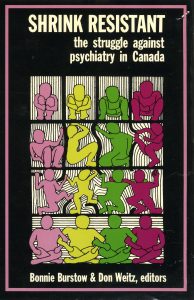
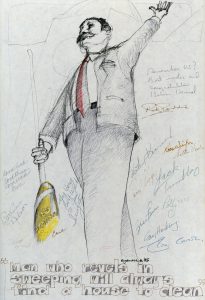
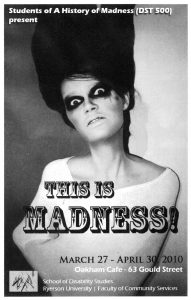
And in the madness world, not much was happening in the early 70s until Hollywood made “One Flew Over the Cuckoo’s Nest.“ Here is a sample video clip of Reville recalling how the Canadian media discovered him:
 Evaluating the Components
Evaluating the Components
- Components: Self-Guided – 60 minutes, flexible
- Component Evaluation: An Activist Scrapbook – 60 minutes
- Component Evaluation: Reflecting on Context – 30 minutes
- Component Evaluation: 1 Document + 1 Photo – 45 minutes
- Component Evaluation: Order of Canada – 30 minutes, flexible
 Learning Lens
Learning Lens
Project community expert David Reville wrote a 6,000-word autobiography for History in Practice, making an argument that mental health must be understood as political. He then worked with post-secondary student Bryn Coates-Davies and historian Megan Davies to turn his essay into a dynamic archival scrapbook of audio and video-taped oral history excerpts, photographs and political ephemera. The result is a rich set of documents, photographs and spoken memories that are excellent lecture or project materials, helping students appreciate community change work as multi-faceted and as transformative – both for individuals and for groups of people. This unit also speaks to what allows people like Reville to emerge as strong community leaders and to stay active: education, community, institutional support, key allies and mentors.
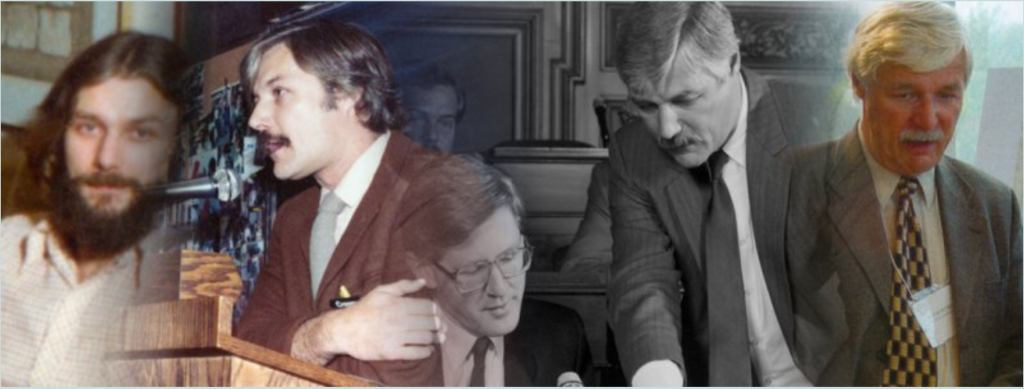
 Components in Context
Components in Context
Born in 1943, David Reville’s psychiatric history dates back to the mid-1960s, when he spent two years in the Kingston Psychiatric Hospital. His post-asylum life story is a history of the rise of a national mad movement in Canada, but it is also the tale of a remarkable and inspirational individual who has refused to accept the stigmatizing labels associated with a mental health diagnosis. “Crazy like a fox,” Reville is a former plumber and politician, a “mad” scholar, teacher and activist, community consultant for organizations like CMHA and CAMH, and an important and influential elder on the Canadian and international mad scene. In 2015 Queen’s University awarded him an honorary doctorate. Reville’s activism maps onto major mental health issues and events on the national and local scene.
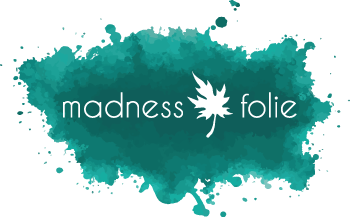

 Français
Français